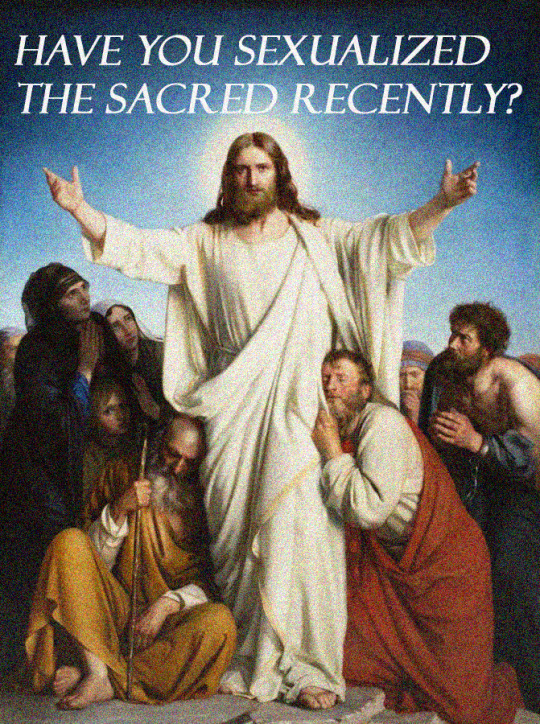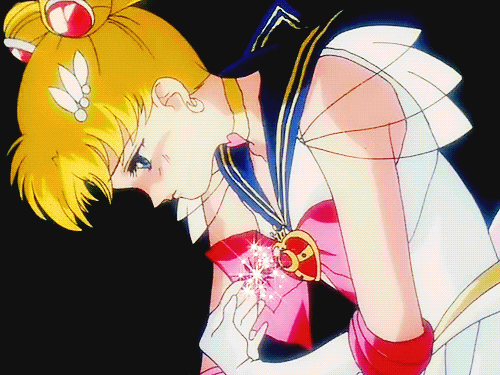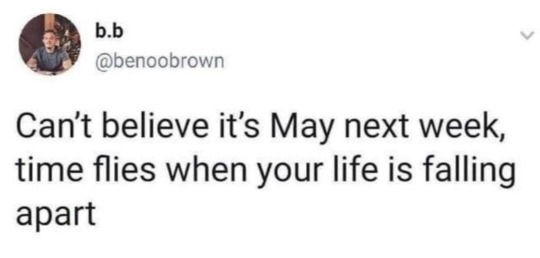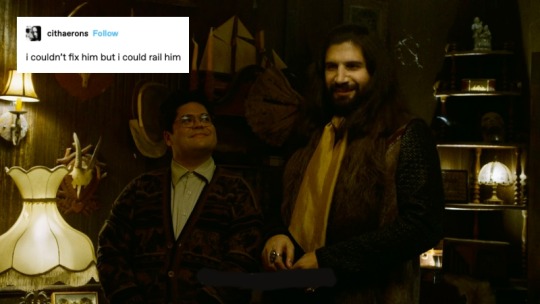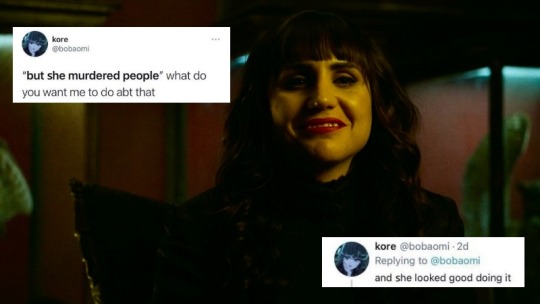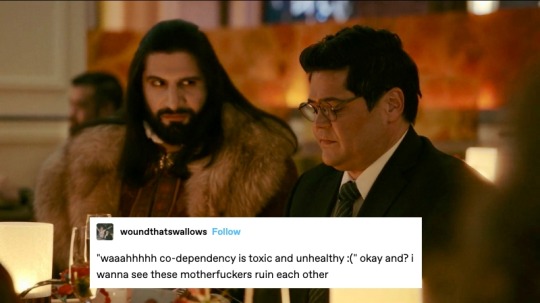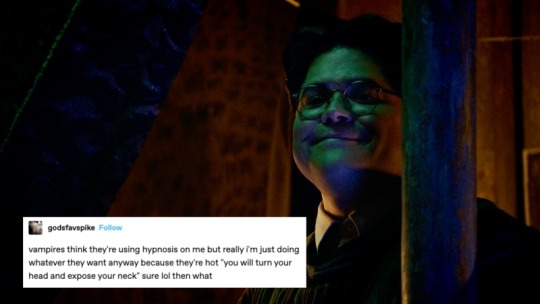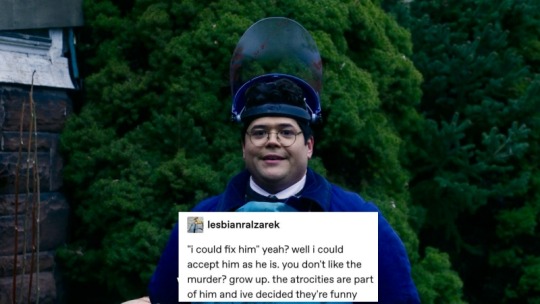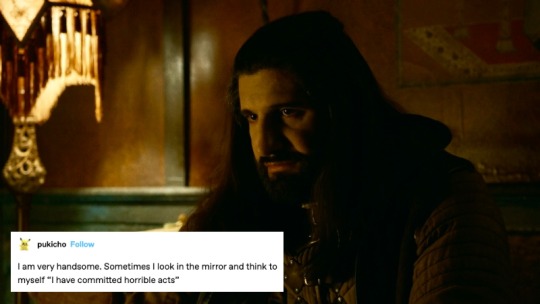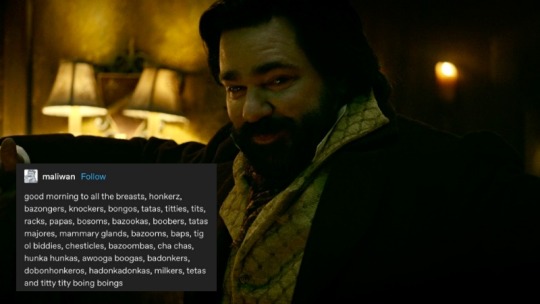Text
nodding whenever flint is on screen to let everyone know that i agree with his actions
3K notes
·
View notes
Photo
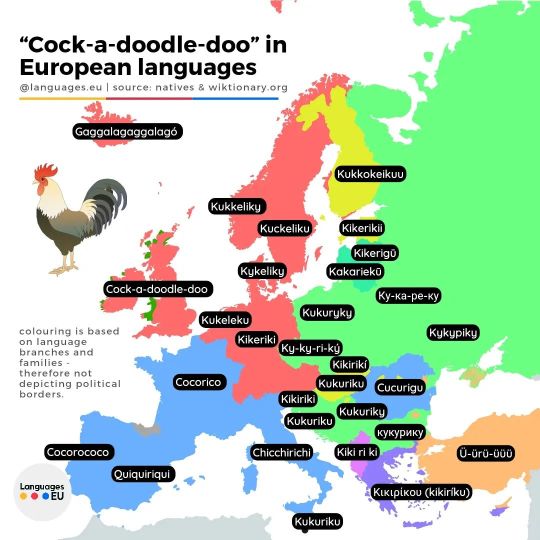
“Cock-a-doodle-doo” in various languages spoken in Europe
by languages.eu
37K notes
·
View notes
Text
The neighbors are listening to simple and clean remix on repeat at max volume
15K notes
·
View notes
Text
One day I'll forgive myself for all the years I wasted!!! But today I think I'm going to lay down in my bed and torture myself with it
70K notes
·
View notes
Text
Wow bro that sounds really rough *gently places my hand on your cock* I want you to know if you ever need anything I'm always here for you
39K notes
·
View notes
Text
Mirror, mirror, on the wall, show me penis, cock and ball
72K notes
·
View notes
Text
“’Black Sails’ reimagines representation in period dramas by making it integral to the show itself.
Flint’s internal struggle is not figuring out or discovering his sexuality – rather Flint’s character arc exists entirely because of his sexuality. His sexuality is not a prop meant to bolster another more important character or storyline. James Flint would quite simply not exist if he had not fallen in love with another man. Indeed, few plots on the show would exist if not for the fact that various women fell in love with women and men with men.
The driving narrative of this show is the battle for Nassau, a battle waged because of Flint’s love for another man and because this love was taken from him.
Flint is seen as a monster by England — he is a vicious pirate, guilty of innumerable crimes. He was a monster to them before he did any of that, though — he is told his relationship with Thomas is too loathsome and profane to be forgiven, and he is cast out because of it. The trope of the predatory homosexual is deeply rooted in our society. Homoerotic undertones in supernatural fiction have long cast gay people as monsters.
“Black Sails” takes this trope and attacks it. The show insists, rightfully so, that LGBTQ+ people have always existed, but it does not sugarcoat that existence. “They hang men for this,” Mrs. Hamilton tells Flint hours before their worlds all come crashing down, and she is right. Regardless of whether he’s a pirate or a respectable lieutenant, Flint will always be a monster to England, because of his sexuality.
In the third season, our crew is stranded on an island housing a matriarchal colony of marooned and escaped slaves. These people have formed a society entirely in secret. They exist outside the grasp of England’s fist because the crown does not know they exist. “Black Sails” is about people who have been cast out of society, it is about “monsters.” They are gay, women, marooned and escaped slaves. They don’t exist within civilization because civilization cannot allow them to exist. Their very presence challenges the entire façade, because civilization only survives if people cannot imagine it any other way.
In one of the most powerful scenes of the four-season show, Flint acknowledges this construct: “They paint the world full of shadows, and then tell their children to stay close to the light. Their light. Their reasons, their judgments. Because in the darkness, there be dragons. But it isn’t true. We can prove that it isn’t true. In the dark, there is discovery, there is possibility, there is freedom in the dark once someone has illuminated it.” The significance of an explicitly gay character making this declaration cannot be overstated.
For a shining moment, the show allows you to imagine a world in which this coalition of outcasts won. An alternate reality in which the New World was wrenched from England’s hands by an alliance of gay and black men and women. Of course, we know they did not win. Homophobia would become the law of the land in the New World, same as the Old. Slavery would flourish, and the world as we know it today would be built on the backs of enslaved peoples.
So what, then, is the point of “Black Sails”? It is just a story, with very little basis in history. Why imagine a world that could have been when we have to live in the one we have? Thinking of his happiness with his male love, author E.M. Forster once wrote “I see beyond my own happiness and intimacy, occasional glimpses of the happiness of thousands of others whose names I shall never hear, and I know that there is a great unrecorded history.”
“Black Sails” is imagining one of those thousands of unrecorded histories.
The show is an examination of the stories we create of, for and about ourselves. It is about how our narratives are wrested from us and twisted, and it is about how we fight to reclaim those narratives for ourselves. It is the lies we construct and the lies we are told, and the eternal struggle to maintain some truth in the midst of both.
The series closes with a character insisting that, “A story is true. A story is untrue. As time extends, it matters less and less. The stories we want to believe. … Those are the ones that survive, despite upheaval and transition, and progress. Those are the stories that shape history.”
We know from the beginning of the show that Flint’s war against England and civilization itself will not succeed. England’s power eventually waned, yes, but not before piracy was crushed and slavery was firmly entrenched. Homosexuality was still a criminal offense in my lifetime. Despite all of this, “Black Sails” is the power of stories we create in opposition to the stories civilization is built on. As long as we can tell those stories, we exist.
As long as we exist, we triumph.”
- Danielle Hilborn
12K notes
·
View notes
Text
“he’s just some guy” yes but he has excellent tits
35K notes
·
View notes
